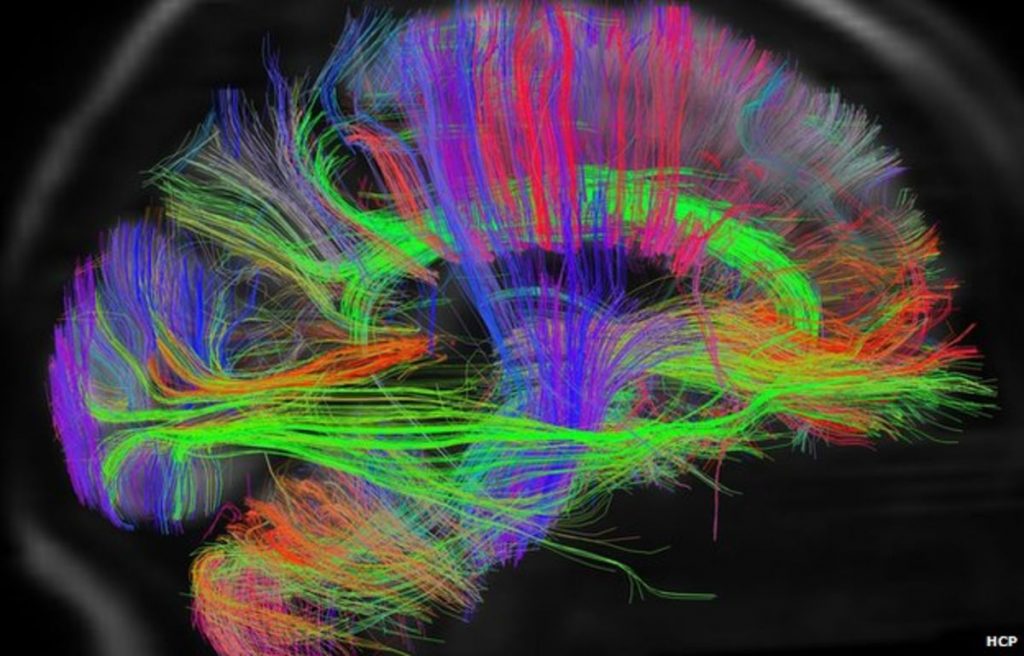Research
Research Projects

This is a surveillance and longitudinal study of the mental health and wellbeing of the Qatar population throughout the COVID-19 pandemic and factors that make some people vulnerable to develop chronic psychological distress and mental illness.
The study will increase understanding of the impact of COVID-19 on mental health for better support of the population in the current and future crises. The identification of groups at risks of developing persistent psychiatric disorders, will inform planning and delivery of individualize treatment for the expected increase of mental illness in the wake of the pandemic. This will reduce personal suffering and long term economic effects of the pandemic on individuals and society.
Social media adverts and SMS-based methods will be used to recruit participants to complete a series of short online questionnaires in English or Arabic at monthly intervals for the first 6 months and then at 9 and 12 months. The questionnaires largely consist of well-recognized and widely used instruments to assess specific areas of mental wellbeing, psychosocial functioning, and stigma.

The study is the first comprehensive epidemiological study of mental illness in Qatar. Its aims are to establish population prevalence and clinical characterization of mental disorders in Qatar that will enable development of mental health services and priorities. The investigator team represents SESRI -Qatar University, Hamad Medical Corporation, the World Health Organization (WHO) – Harvard Medical School and University of Michigan, USA, , and the University of Cambridge, UK. The proposed research program addresses Qatar’s National Mental Health strategy objective ‘to better understand the prevalence of mental disorders in the Qatari population; to develop a responsive service and to build research capacity.
Our research is divided into three phases. Phase 1 is the World Mental Health-Qatar ,a national household survey (n=5,000) of Qatari and Arab adults (18 years of age and older) using WHO CIDI 5.0 to determine 30 days, 12 month, and lifetime prevalence of mental disorders (e.g. depression, anxiety, bipolar, disorders, and psychosis screener).
Phase 2 comprises a clinical validation substudy involving a minimum of 1,500 participants who completed the CIDI 5.0 and will complete comprehensive clinical evaluation using the he Structured Clinical Interview for DSM 5 by trained psychiatry fellows.
In phase 3, a minimum of 100 individuals from phase 1 will be selected based on their schizotypy scores to undergo structural and resting state neuroimaging to examine the relationship between personality organization that harbors the liability for psychosis and their brain phenotype as determined by neuroimaging and neuropsychological testing. The connectomics analysis on the sub-sample will enlighten understanding of how genetic predisposition impacts on brain network connections that underpin the clinical phenotype of schizophrenia.

Insomnia is a common sleep disorder marked by poor sleep quality or quantity and has been consistently shown to be associated with poor mental health outcomes especially symptoms of severe mental illness (SMI) – mainly, psychotic symptoms (PEs) including hallucinations and paranoid delusions, but SMI also include depression, anxiety, and mania that exist on a continuum in the general population.
Currently, stress-diathesis theories present the most empirically robust etiological models accounting for SMI. The literature also consistently supports the role of stress in the onset and maintenance of insomnia. However, few studies have systematically examined the stress-diathesis hypothesis in relation to insomnia and PEs. An important aim of the current research is thus the identification of stress-related vulnerabilities, namely psychological and physiological markers of stress-reactivity, and the delineation of the nature of their associations with insomnia-related measures, psychotic experiences (PEs) and environmental stressors, especially social stress.
The Trier Social Stress Test or TSST is a standard social stress procedure was shown previously to consistently induce psychosocial stress and elevate cortisol levels and heart rate in individuals who are continuously monitored within controlled setting (Sage E. Hawn et al, 2015; Kirschbaun et al, 1993).
The current research investigates the relationship between insomnia, psychotic symptoms, stress reactivity, and stress using prospective data collection from Qatar University (QU) students, 18 years or older, who undergo the TSST procedure through: a) administration of questionnaires to assess perceived stress, perceived stress reactivity, cognitive performance and mood variability; b) measurement of physiological variables including blood pressure and heart rate; and c) saliva sample collection and subsequent salivary cortisol analyses.
Studies of this nature have rarely been carried out within the Middle East, which makes this study ever more significant in that it would help us identify psychosocial and biological mechanisms that link insomnia to SMI and vice versa among young adults and lay the groundwork for future identification and prevention in relation to sleep and SMI in young adults.

Psychotic experiences are common and often an early indicator of serious and life-threatening mental illness including schizophrenia, depression, mania, addictions, personality disorders and can lead to self-harm and suicide and to aggression to others (Schultz et al., 2000).
People are often reluctant to come forward to seek help from health services with these symptoms for fear of being judged or shamed. Hence, we propose a confidential survey that provides researchers in Qatar an opportunity to understand the nature and the prevalence of these experiences in probability samples of residents of Qatar. Questions are assumption free and designed to prevent stigma. The samples will be taken from two groups based in Qatar: 1. university students without specific health problems and 2. a clinical sample of patients registered with a health provider with health cards in Qatar aged 35 – 49 years.
The study is innovative as it offers an opportunity to understand the prevalence of key indicators of psychotic experiences in the population for the first time in Qatar by means of a non-threatening, confidential method.
This study will provide a unique insight into risk factors that lead to psychosis and the psychopathology of psychotic experiences hitherto unknown in the population and allow us to focus on priority health development areas in Qatar to support the objectives of the Qatar National Mental Health Strategy (2013).

The first comprehensive and large-scale investigation of Qatari teenagers’ health-information and health monitoring behavior funded by Qatar National Priority Research Program. A descriptive survey of more than 1,100 Qataris, 13 to 20 years old, conducted in spring 2017, addressed which health issues they are most concerned about, how often they use various types of health monitoring tools and communication platforms to seek health information, how satisfied they are with what they get through these platforms and tools, how much they trust health information channels, and whether they have ever attempted to change their behavior due to health information or digital health tools.
https://teenshealth.qatar.northwestern.edu/uploads/file/nuq_health_report_en_reduced.pdf

The HNHF used a probability–based sampling strategy to select a representative sample of Qatar University female students in two survey waves. Both online surveys included a 30-minute online questionnaire with a choice to take the survey in either Arabic or English. Multiple follow-ups by email and phone were attempted to maximize response rate. Data were collected between April and May of 2016 in the first wave and from November 2016 through February 2017 in the second wave. The study examined the role of socio-cultural and media-related influences on eating behaviors and body shape and weight ideals in a modern Arab society.

